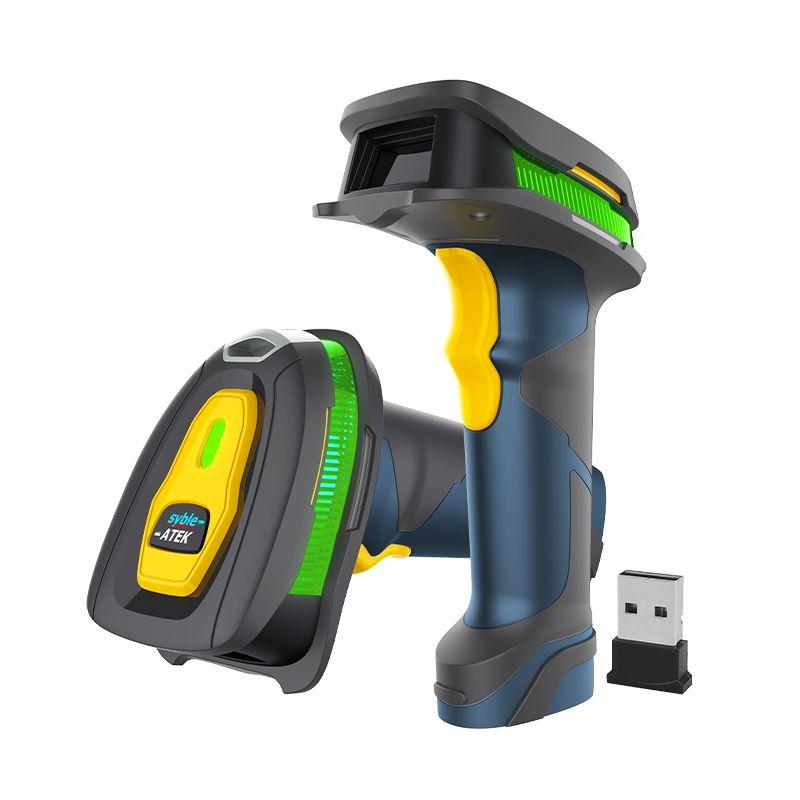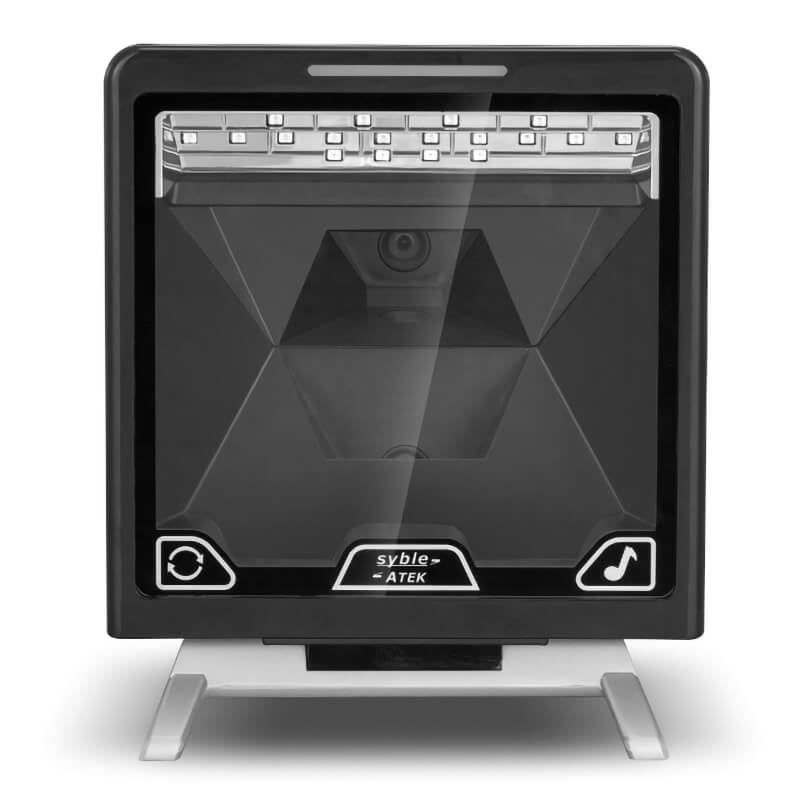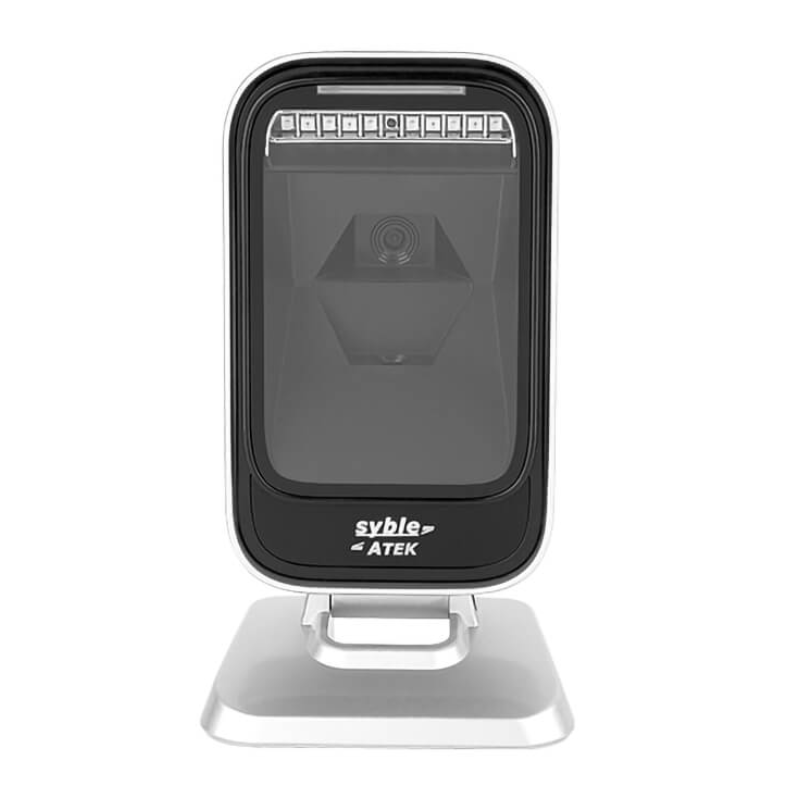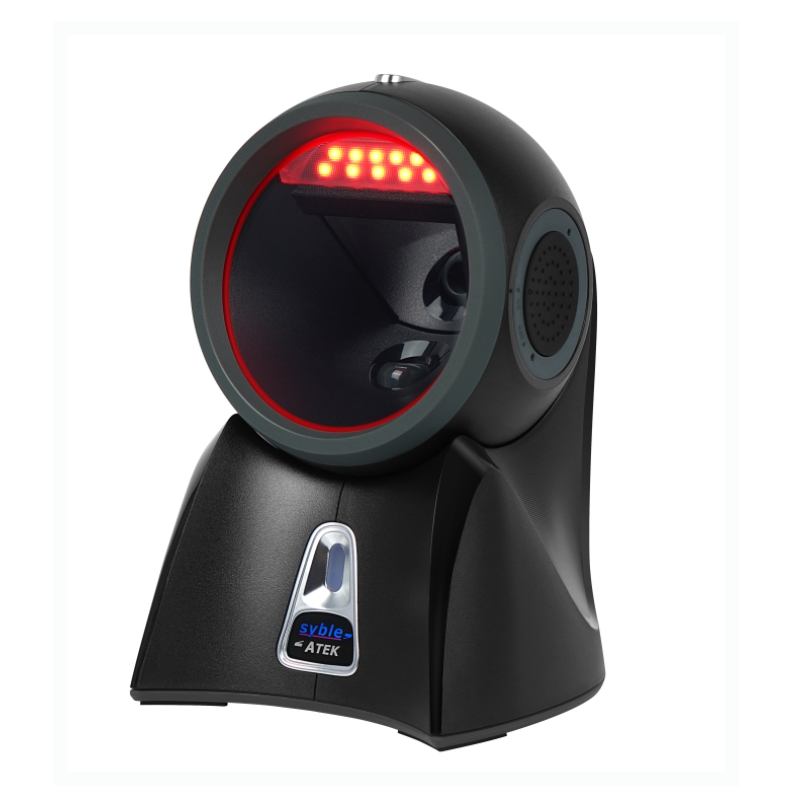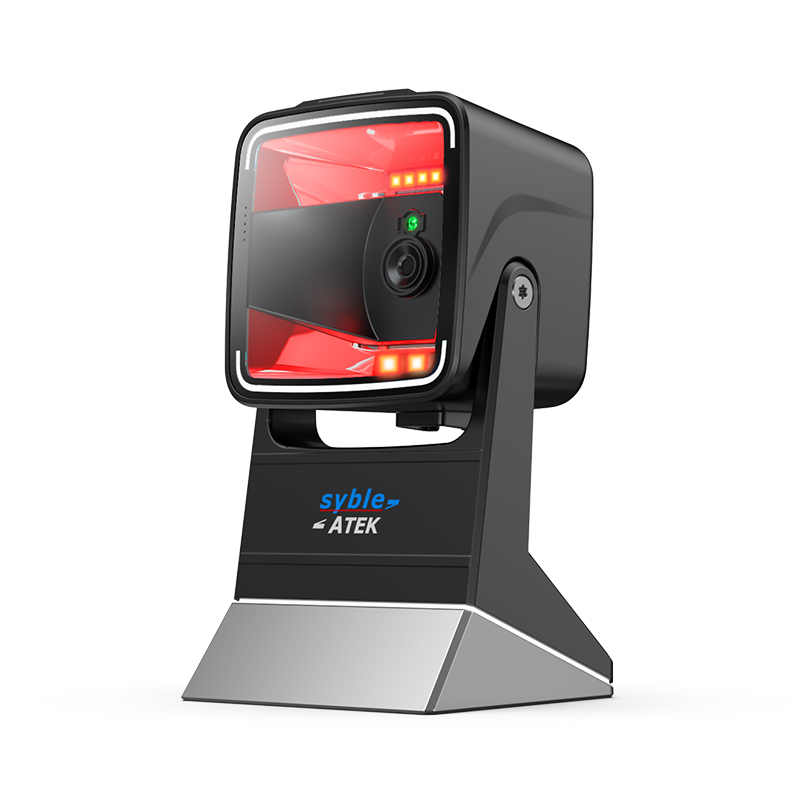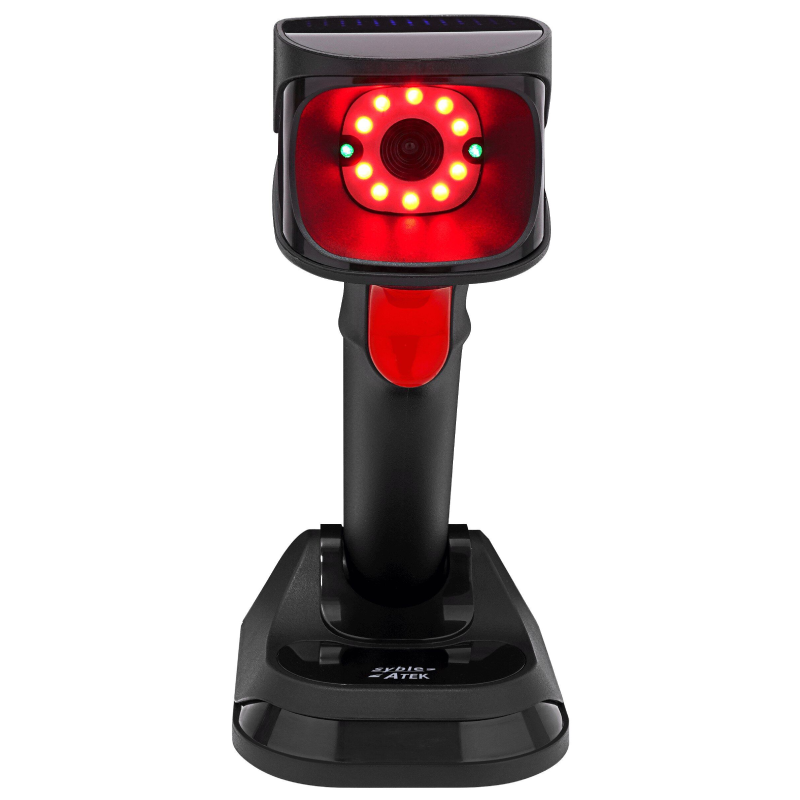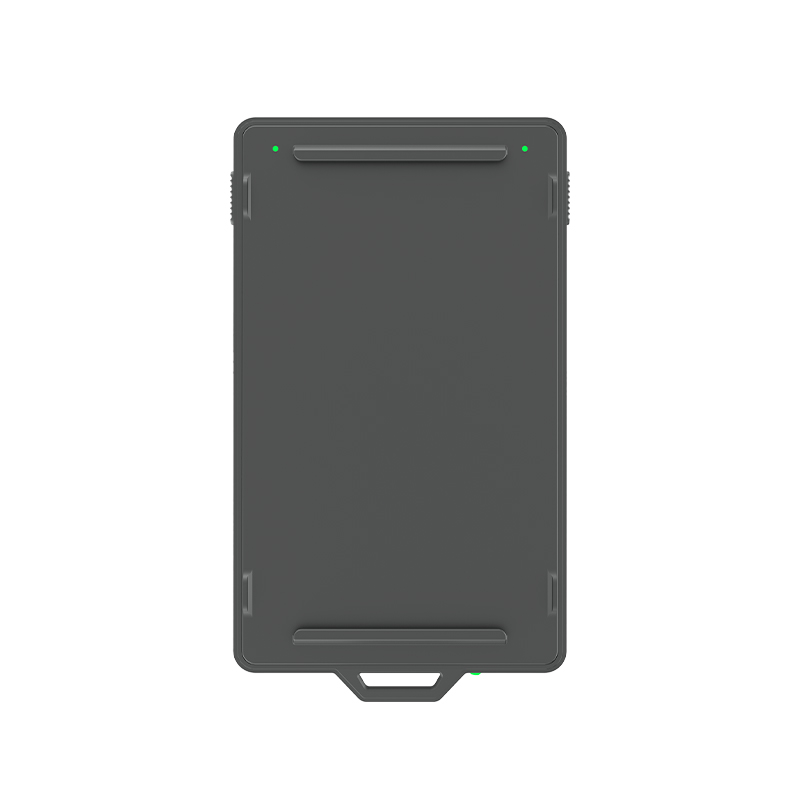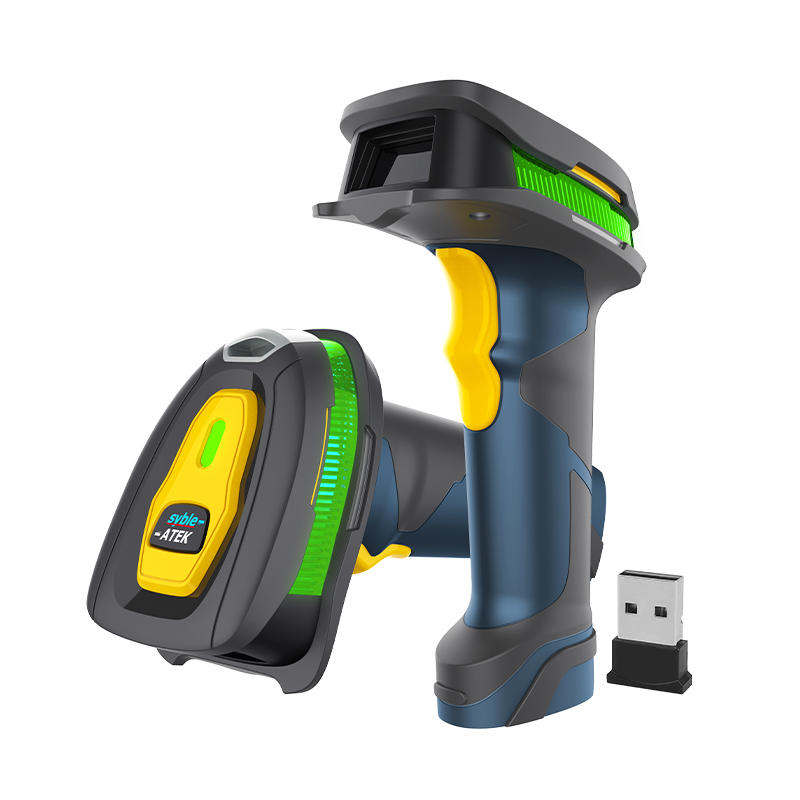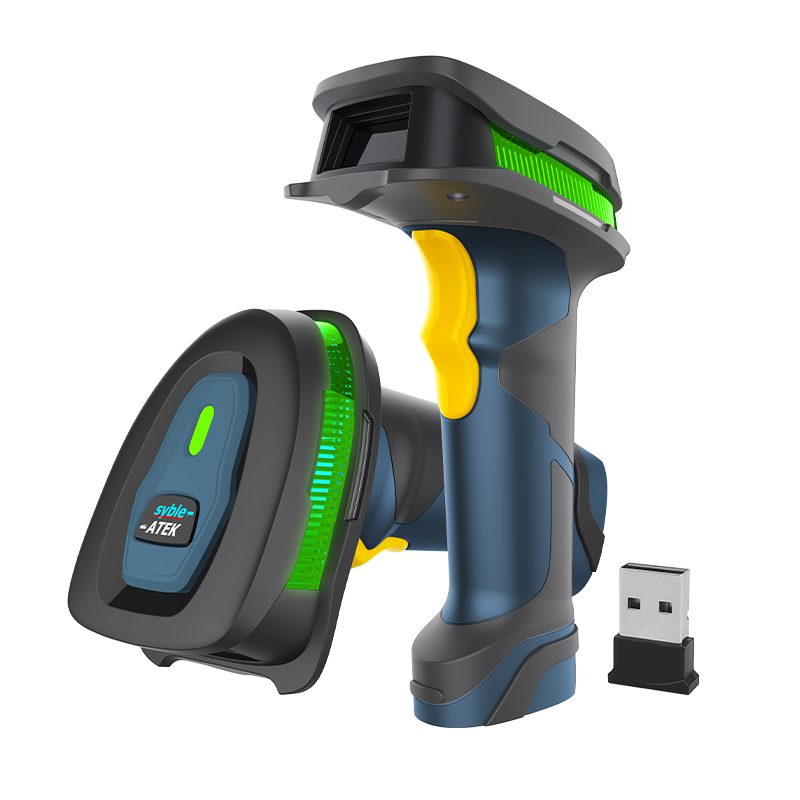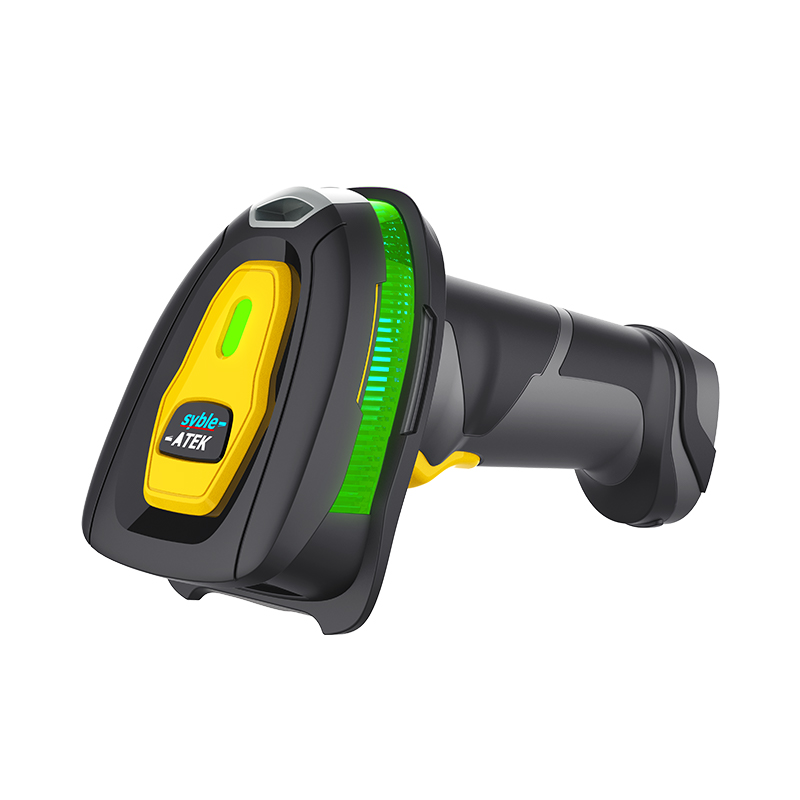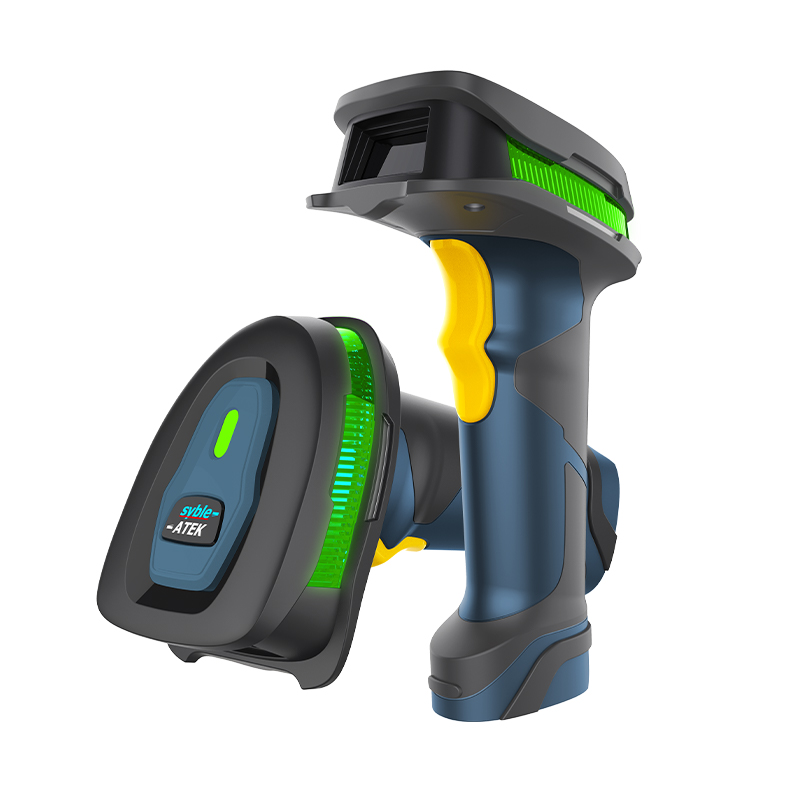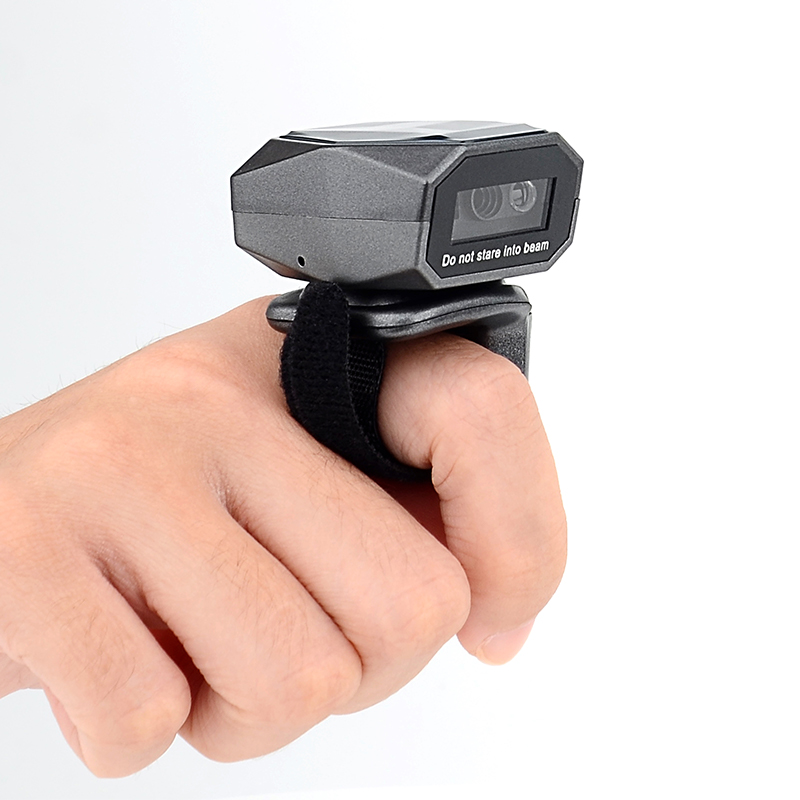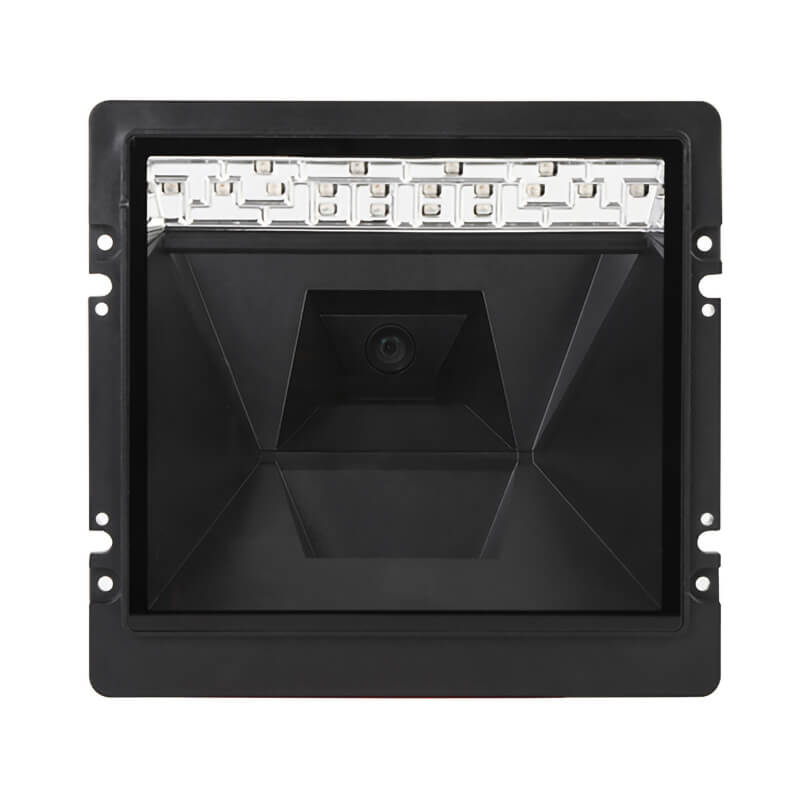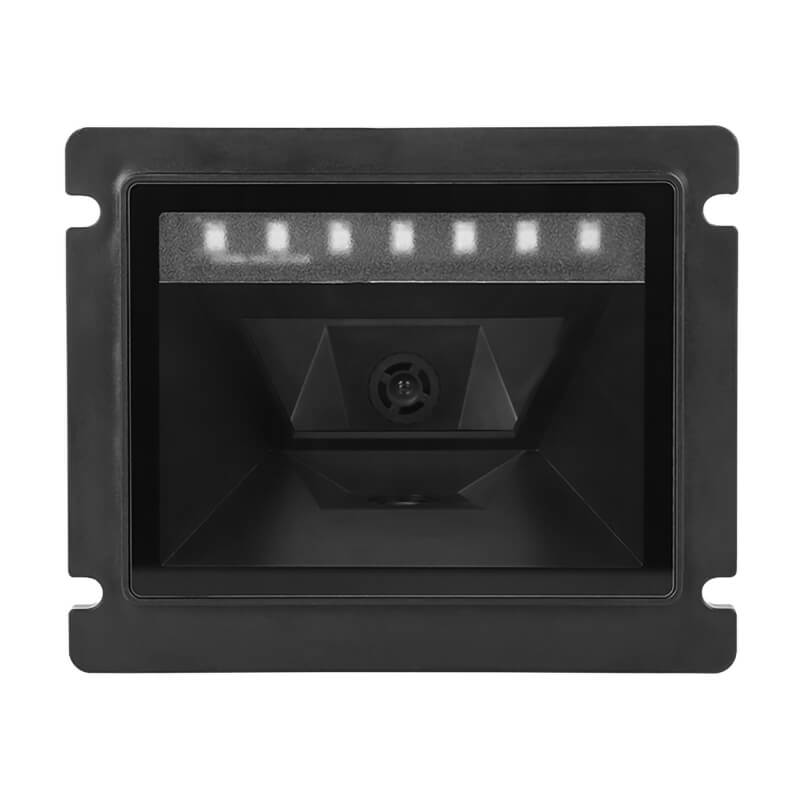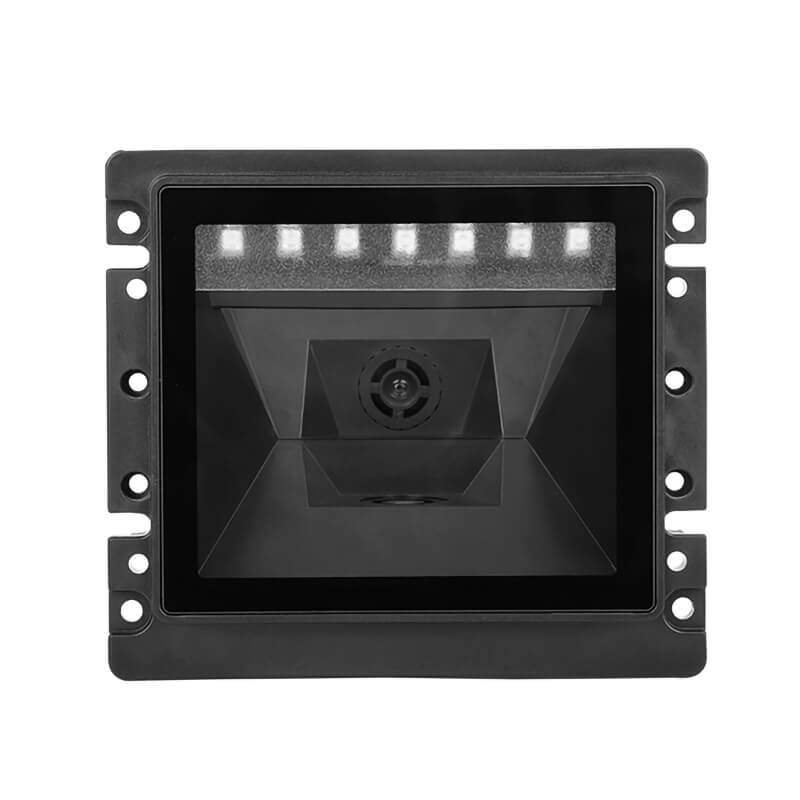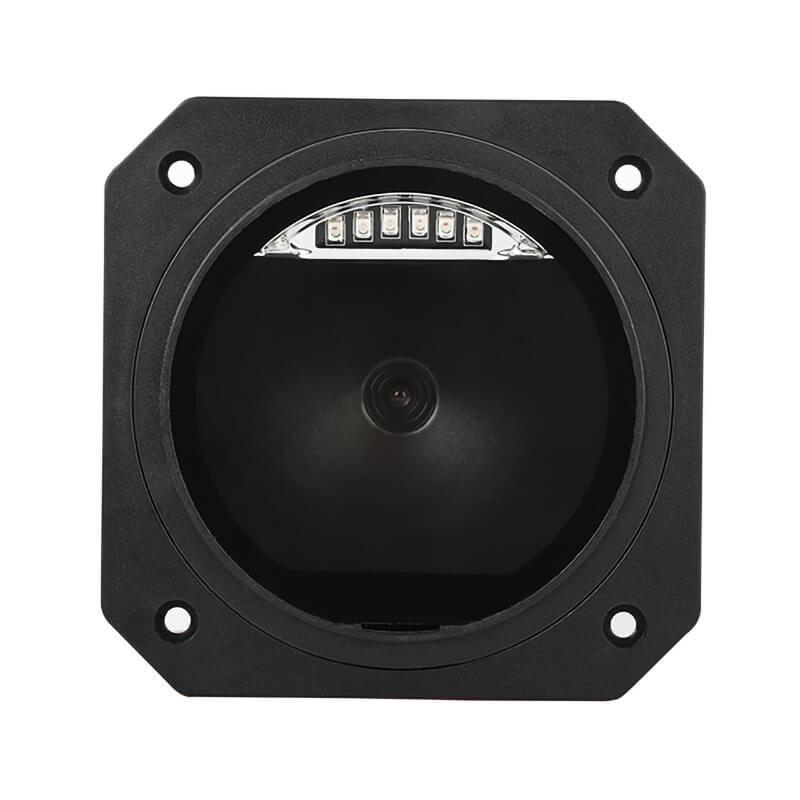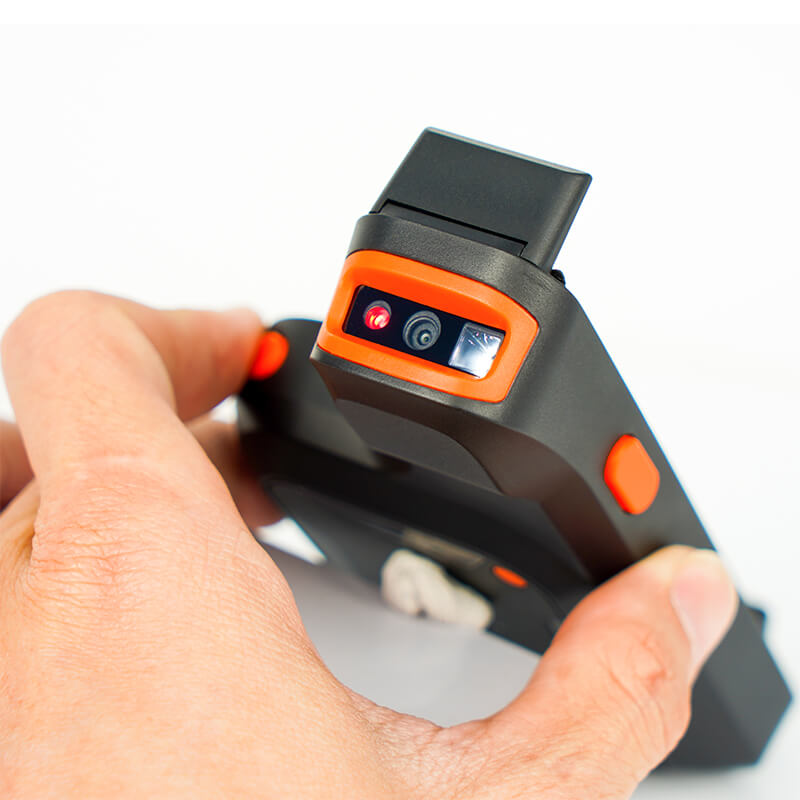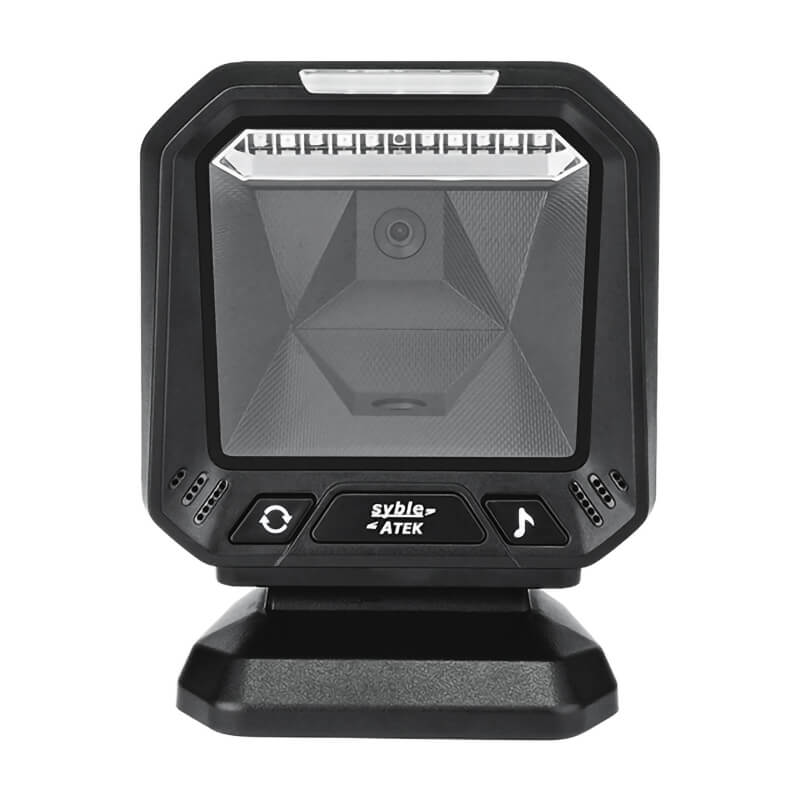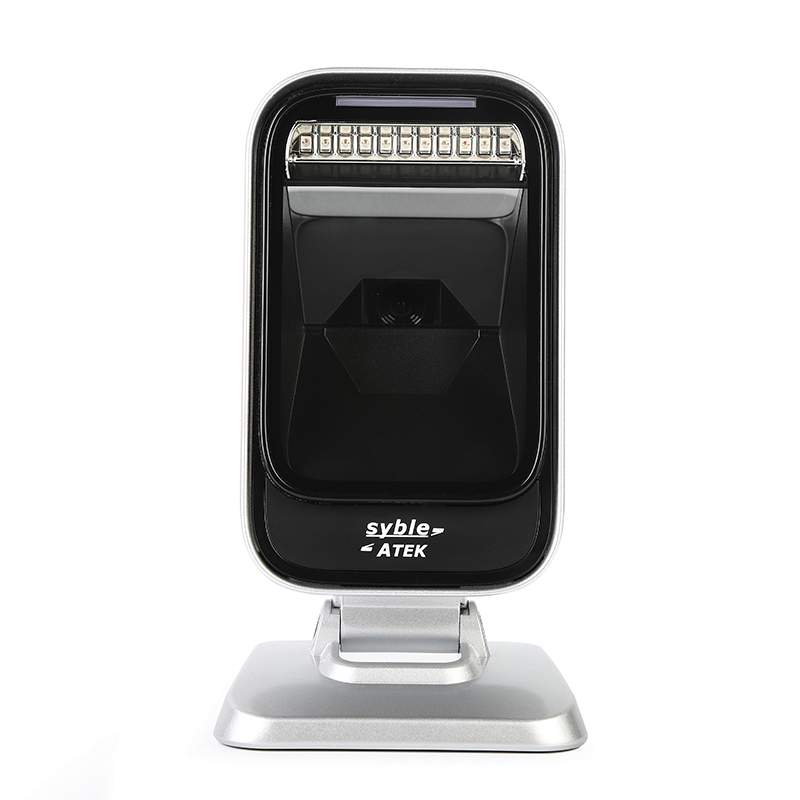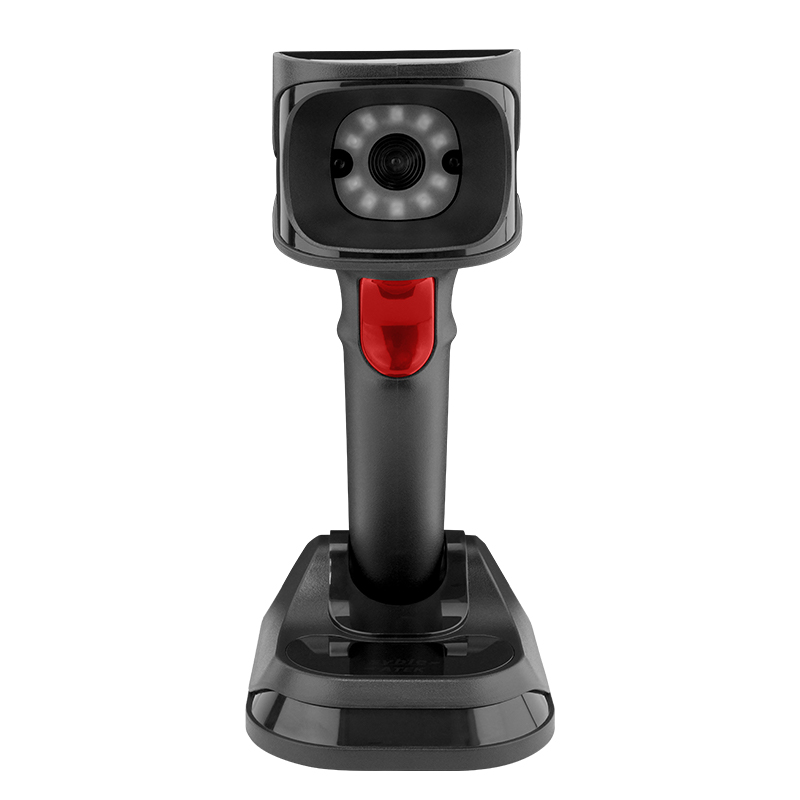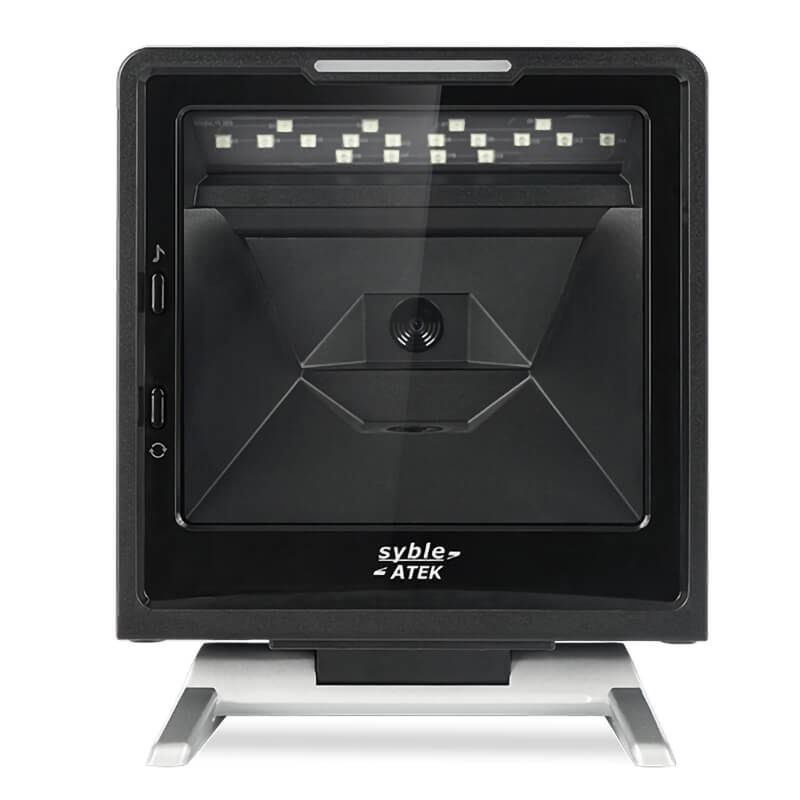In today's fast-paced business environment, efficiency and accuracy are paramount. Barcode scanners play a crucial role in streamlining operations, from inventory management to sales tracking. With a myriad of options available, selecting the right barcode scanner for your business can be daunting. This guide aims to simplify the process by providing detailed insights into the types of barcode scanners, their applications, and key factors to consider when making your choice.
Understanding Barcode Scanners
What is a Barcode Scanner?
A barcode scanner is an electronic device that reads and decodes barcodes. Barcodes are unique patterns of lines or dots that store data, such as product information, pricing, or inventory numbers. When a barcode is scanned, the scanner converts the information into a digital format that can be processed by a computer system.
How Do Barcode Scanners Work?
Barcode scanners use a light source, a lens, and a light sensor to capture and decode the information contained in a barcode. The scanner emits a beam of light, which reflects off the barcode. The sensor detects the reflected light and converts it into an electrical signal. This signal is then decoded into data that can be used by your business's software system.
Types of Barcode Scanners
1. Handheld Barcode Scanners
Handheld scanners are versatile and widely used across various industries. They are portable, easy to use, and can scan barcodes at different angles. These scanners are ideal for retail, warehouse, and logistics environments.
2. Fixed-Mount Barcode Scanners
Fixed-mount scanners are typically used in high-volume environments where items pass through a scanning area, such as conveyor belts in manufacturing or packaging lines. They offer hands-free operation and are perfect for automated processes.
3. Mobile Barcode Scanners
Mobile scanners are integrated into mobile computers or smartphones. They are particularly useful for field operations, inventory management, and any application that requires mobility. These scanners often come with additional features such as GPS and wireless connectivity.
4. Presentation Barcode Scanners
Presentation scanners are designed for high-speed scanning at checkout counters. They are stationary and allow for quick, hands-free scanning, making them ideal for retail environments with high customer throughput.
5. Wearable Barcode Scanners
Wearable scanners are attached to the user's finger or wrist, allowing for hands-free scanning. They are beneficial in environments where employees need to use both hands, such as in warehouses or manufacturing plants.
Applications of Barcode Scanners
Retail
In retail, barcode scanners streamline checkout processes, manage inventory, and track sales data. Handheld and presentation scanners are commonly used in this sector.
Warehousing and Logistics
Barcode scanners in warehousing and logistics help in tracking inventory, managing shipments, and ensuring accurate order fulfillment. Mobile and handheld scanners are prevalent in these industries.
Healthcare
In healthcare, barcode scanners are used for patient identification, medication administration, and inventory management of medical supplies. Mobile and fixed-mount scanners are often utilized in hospitals and clinics.
Manufacturing
Manufacturing industries use barcode scanners for tracking parts, managing production lines, and quality control. Fixed-mount and wearable scanners are frequently employed in these environments.
Key Factors to Consider When Choosing a Barcode Scanner
1. Scanning Environment
Consider the environment in which the scanner will be used. For example, a warehouse may require a rugged, durable scanner, while a retail store might benefit from a sleek, high-speed presentation scanner.
2. Type of Barcodes
Determine the type of barcodes you will be scanning. There are one-dimensional (1D) barcodes, which are the traditional lines, and two-dimensional (2D) barcodes, which include QR codes. Ensure the scanner you choose is compatible with the barcode types you use.
3. Connectivity Options
Consider how the scanner will connect to your system. Options include wired, wireless, and Bluetooth connectivity. Wireless and Bluetooth scanners offer more flexibility and mobility.
4. Scanning Distance
Evaluate the distance from which the scanner needs to read barcodes. Some scanners are designed for close-range scanning, while others can read from several feet away.
5. Durability
Assess the durability of the scanner, especially if it will be used in harsh environments. Look for scanners with rugged designs and resistance to dust, moisture, and drops.
6. Budget
Determine your budget for the barcode scanner. While more expensive models may offer advanced features, it's important to balance cost with the specific needs of your business.
Conclusion
Choosing the right barcode scanner for your business involves understanding the different types available, their applications, and the specific needs of your operation. By considering factors such as scanning environment, barcode type, connectivity, scanning distance, durability, and budget, you can make an informed decision that enhances your business efficiency and accuracy. Investing in the right barcode scanner will not only streamline your operations but also contribute to overall productivity and customer satisfaction.

